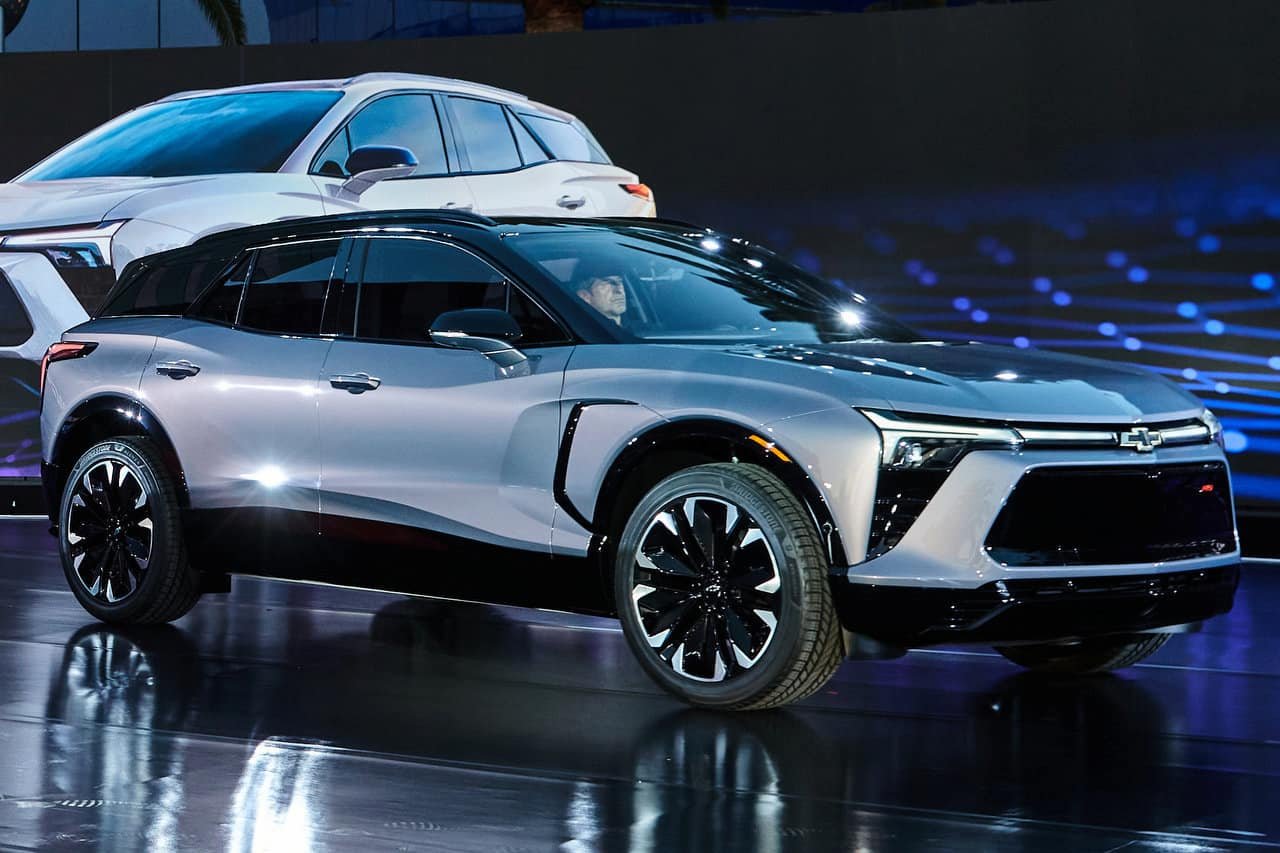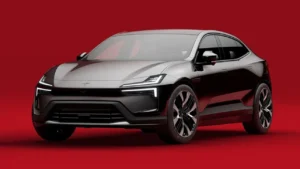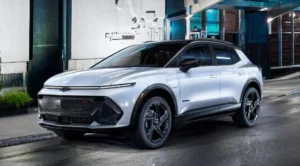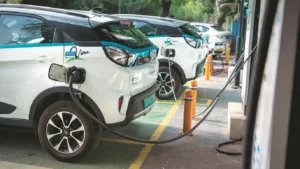By 2024, initial purchase prices for electric vehicles (EVs) will vary widely depending on the make, model, and features of the vehicle. As technology advances and production increases, the average price of electric vehicles has slowly dropped. Entry-level cars from brands like Chevrolet and Nissan start around $30,000 to $40,000 and are now reasonably priced. Mid- to high-end cars from brands like Tesla, BMW, and Audi can cost $50,000 to $100,000 or more. Prices vary depending on battery size, performance, and high-tech features like autonomous driving technology and premium entertainment systems.
Tax breaks and government incentives
Government tax breaks and other incentives help lower the true cost of electric vehicles. By 2024, multiple federal, state, and local programs will offer financial incentives to encourage people to purchase electric vehicles (EVs). In the United States, for example, federal tax credits can reduce the price of an electric car by up to $7,500, depending on the size of the battery and the tax status of the buyer. Many states also have their own rebates and incentives that can help further reduce the total cost. You should research the incentives available in your area and make sure you meet all the requirements to take full advantage of them.
Pricing Infrastructure Costs
In addition to the price of the car itself, the total cost of owning an electric car can be affected by the cost of charging infrastructure. Depending on the type of charger and how it’s installed, the cost of installing a home charging station typically ranges from $500 to $2,000. Some EV owners may also need to spend money on electrical upgrades so that new charging equipment can work with their car. You can also use public charging, but prices can vary depending on your location and the charging network you use. Many public chargers are free or charge a small fee. However, ultra-fast charging stations can charge more, especially during peak times.
Maintenance and Operating Costs
One of the advantages of electric vehicles is that they are cheaper to maintain and operate than vehicles with an internal combustion engine. Because of the many moving parts in electric vehicles, they wear out more slowly and need to be replaced or repaired less often. For example, because electric cars use regenerative braking, there are no oil changes and less maintenance on the brakes. Additionally, electricity is generally cheaper than gasoline, which means lower fuel costs. However, the savings can vary depending on how you drive, how much your electric bill is, and whether there are incentives.
Loss of Value
When considering the cost of electric vehicles, you should also consider how much value they will lose over time. Historically, electric cars have lost more value than regular cars. This is largely due to concerns about how long batteries will last and how the technology can improve. However, as electric vehicles become more popular and battery technology improves, depreciation rates should level off. In 2024, electric cars with good brands and reliable technology will hold their value better than older models. To make informed decisions about long-term costs, it’s important to examine how models lose value over time.
Insurance Costs
Electric cars can be more expensive to insure than regular cars. This is mainly because parts are more expensive to buy, repair, or replace. On the other hand, as more people buy electric cars and maintenance costs decrease, insurance rates should become more competitive. Many insurance companies now offer policies specifically for electric vehicles, including policies that take into account the risks and benefits of these vehicles. Make sure you get multiple insurance quotes for your electric car to find the best coverage and rate.
Auction Value
Anyone looking to sell or trade in an electric car in the future should rethink its value. As the market grows, used electric vehicles should have a more stable trade-in value. The age of the vehicle, the mileage, the condition of the battery and the general demand for electric vehicles all affect the resale value. Models from well-known brands that have proven reliability and are in high demand are more likely to have a should look into different financing options and compare terms to get the best deal for your money and budget.
Cost of Owning Everything
It’s important to look at the total cost of ownership when figuring out how much an electric car costs. This includes the purchase price, incentives, charging infrastructure, maintenance, operating costs, insurance, depreciation, and the car’s resale value. When you think about all of these things, you can get a better idea of how owning an electric car will affect your finances in the long run. The initial cost may be higher than for regular cars, but the total cost of ownership may be lower because you may save money on gas, repairs, and incentives.
Conclusion
To figure out how much electric cars will cost in 2024, you have to look at a lot of different things, like the initial purchase price, government incentives, the cost of charging infrastructure, and the ongoing costs of upkeeping and running the business . Even though electric cars can cost more at first, they can save you money in the long run because they use less gas and require less maintenance. There are also financial incentives for buying them. By thinking about all the costs and benefits of owning an electric car, you can make an educated choice and decide if it fits your budget and way of life.
FAQs
How much does it usually cost to set up a charging station at home?
Depending on the type of charger and how it is installed, putting in a home charging station usually costs between $500 and $2,000.
What can the government do to make buying an electric car cheaper?
Government incentives, like federal tax credits and state rebates, can help you save a lot of money on the price of an electric car. In some cases, these incentives can save you thousands of dollars.
Are the costs of insurance for electric cars higher than for regular cars?
Because electric cars are more expensive to buy and fix, their insurance rates may be higher at first. But as more people buy them, rates should become more competitive.
What is the difference between the resale value of electric cars and regular cars?
Electric cars can have different resale values, but as the market for used EVs grows, values should level off. Resale value is affected by things like the battery’s condition and the reputation of the brand.
What kinds of loans are there for buying electric cars?
Electric cars can be financed through special loan and lease programs offered by banks, car dealerships, and manufacturers. These programs often have low interest rates and special deals.



